An electric conduit is a tube or channel that works as a protective enclosure for electrical wiring. It is designed to protect electrical wires and cables from damage, moisture, and other environmental elements. These conduits mainly come in two different types: rigid conduits, which are made from solid materials such as steel or aluminum, and flexible conduits, which are more pliable and can be bent or shaped to fit installations in different spaces. This conduit can be used in various applications, including residential, commercial, and industrial buildings. Electric conduits are vital for protection and conformity with electrical codes.
Types of electric conduits
A rigid metal conduit (RMC) is usually thick and rigid metal, granting substantial shelter for electrical wiring. The intermediate metal conduit pipe is similar to the RMC but is lighter and thinner and provides good protection for electrical wires. Moreover, an EMT conduit (EMT stands for electrical metallic tubing) is made of thin-walled steel or aluminum. This lightweight conduit can be used indoors and outdoors. A galvanized rigid conduit (GRC) is covered with a layer of zinc for corrosion resistance. A PVC conduit is made of polyvinyl chloride, making it resistant to corrosion and fitting for indoor and outdoor environments. A liquid-tight flexible metal conduit (LFMC) is made from metal. It is covered with a liquid-tight outer coating, making it suitable for places where installations against liquids are needed.
Applications of an electric conduit
An electrical conduit protects electrical wiring from physical damage such as impact, abrasion, and exposure to environmental elements. It is used to avoid moisture and corrosion contact with the electrical wiring. These conduits are vital for meeting building codes and safety standards and contribute to reducing fire risks, electrical shocks, and other hazards. The electrical conduit helps arrange wiring systems by containing and grouping cables, tracing and identifying specific circuits, and simplifying maintenance and troubleshooting. A flexible conduit permits users to make installation in compact and complex spaces easier.
Materials of electric conduits
Steel is utilized to make metal conduits, such as rigid, intermediate, and galvanized conduits, as it grants physical solid protection and is suitable for outdoor and industrial applications. Aluminum is used for some models, prioritizing lightweight and corrosion resistance, making them suitable for outdoor and corrosive environments. Non-metallic conduits are made from polyvinyl chloride (PVC) or high-density polyethylene (HDPE). PVC conduits are resistant to corrosion, lightweight, and easy to install, making them suitable for indoor and outdoor installations. HDPE conduits are solid and resistant to chemicals, and they are commonly used in underground structures. Flexible pipes employ different materials such as interlocking metal strips, thin-walled steel or aluminum, or liquid-tight coatings.




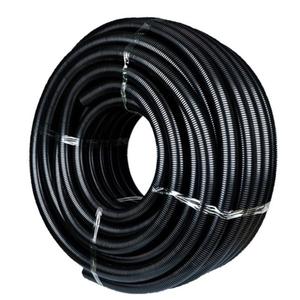







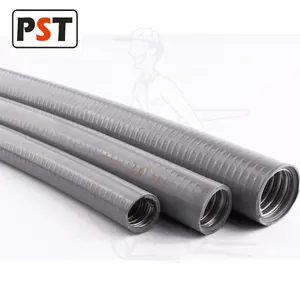


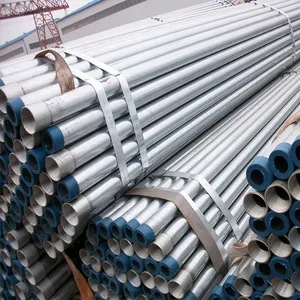



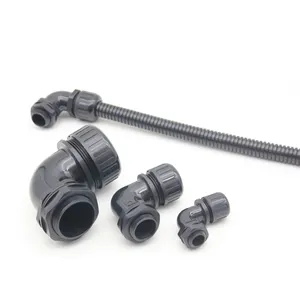


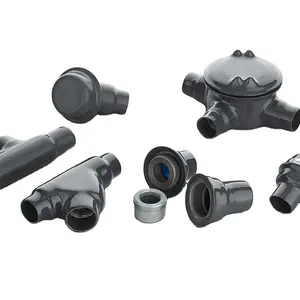
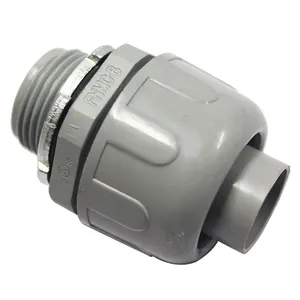


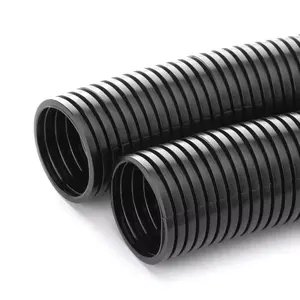





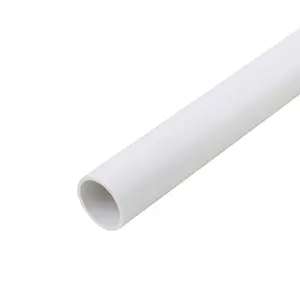








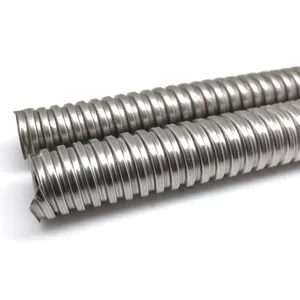
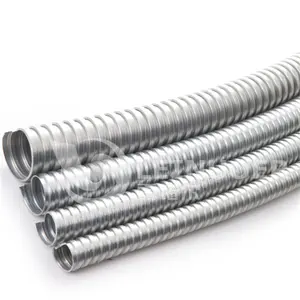
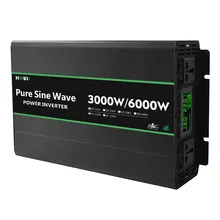

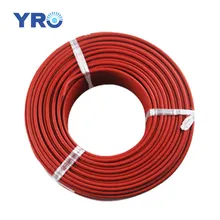

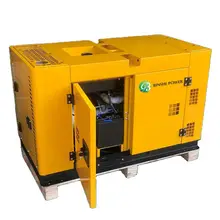
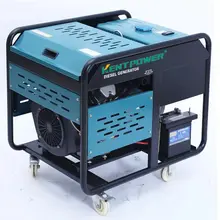
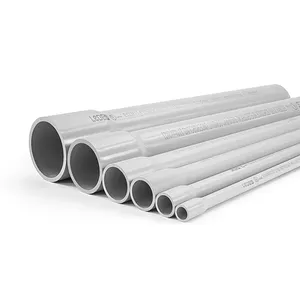






















 浙公网安备 33010002000092号
浙公网安备 33010002000092号 浙B2-20120091-4
浙B2-20120091-4